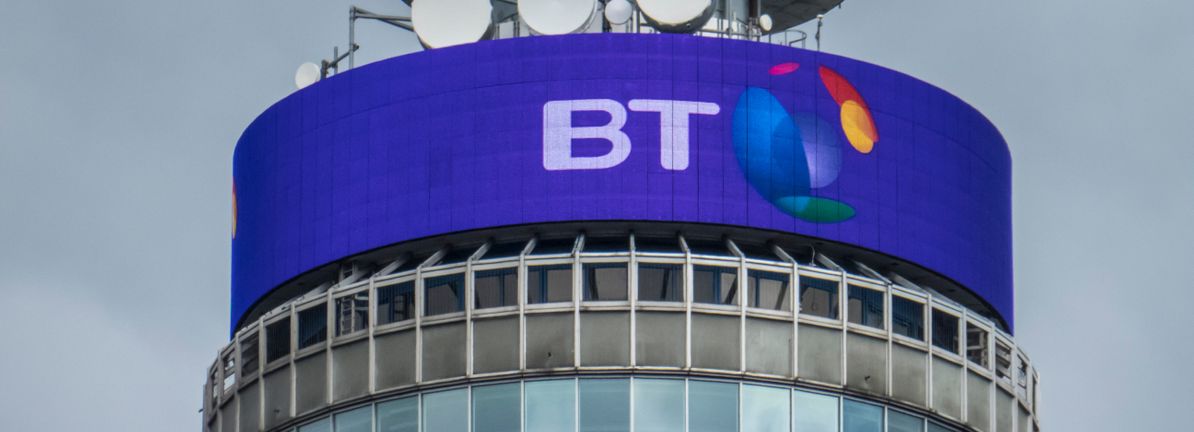BT Group plc (LON:BT.A) shareholders are probably feeling a little disappointed, since its shares fell 3.4% to UK£1.79 in the week after its latest half-year results. It was an okay result overall, with revenues coming in at UK£9.8b, roughly what the analysts had been expecting. Following the result, the analysts have updated their earnings model, and it would be good to know whether they think there’s been a strong change in the company’s prospects, or if it’s business as usual. So we gathered the latest post-earnings forecasts to see what estimates suggest is in store for next year.
Trump has pledged to “unleash” American oil and gas and these 15 US stocks have developments that are poised to benefit.
Taking into account the latest results, BT Group’s 15 analysts currently expect revenues in 2026 to be UK£19.9b, approximately in line with the last 12 months. Statutory earnings per share are predicted to surge 53% to UK£0.15. Before this earnings report, the analysts had been forecasting revenues of UK£19.9b and earnings per share (EPS) of UK£0.14 in 2026. So the consensus seems to have become somewhat more optimistic on BT Group’s earnings potential following these results.
Check out our latest analysis for BT Group
There’s been no major changes to the consensus price target of UK£2.06, suggesting that the improved earnings per share outlook is not enough to have a long-term positive impact on the stock’s valuation. The consensus price target is just an average of individual analyst targets, so – it could be handy to see how wide the range of underlying estimates is. There are some variant perceptions on BT Group, with the most bullish analyst valuing it at UK£3.12 and the most bearish at UK£1.35 per share. Note the wide gap in analyst price targets? This implies to us that there is a fairly broad range of possible scenarios for the underlying business.
Taking a look at the bigger picture now, one of the ways we can understand these forecasts is to see how they compare to both past performance and industry growth estimates. We would also point out that the forecast 1.1% annualised revenue decline to the end of 2026 is roughly in line with the historical trend, which saw revenues shrink 1.3% annually over the past five years By contrast, our data suggests that other companies (with analyst coverage) in a similar industry are forecast to see their revenue grow 1.9% per year. So while a broad number of companies are forecast to grow, unfortunately BT Group is expected to see its revenue affected worse than other companies in the industry.
